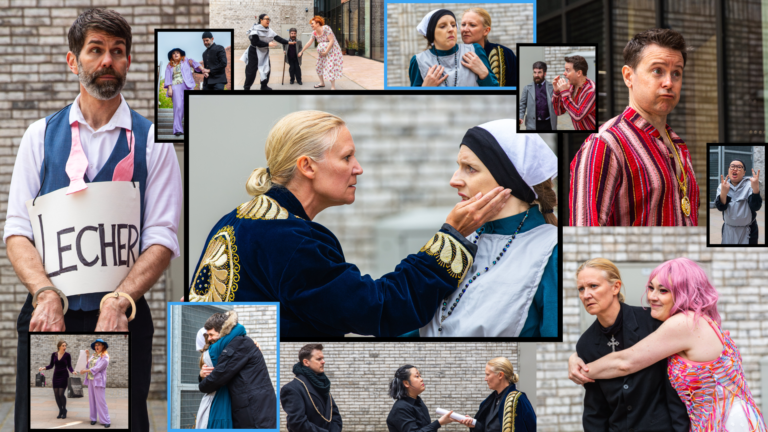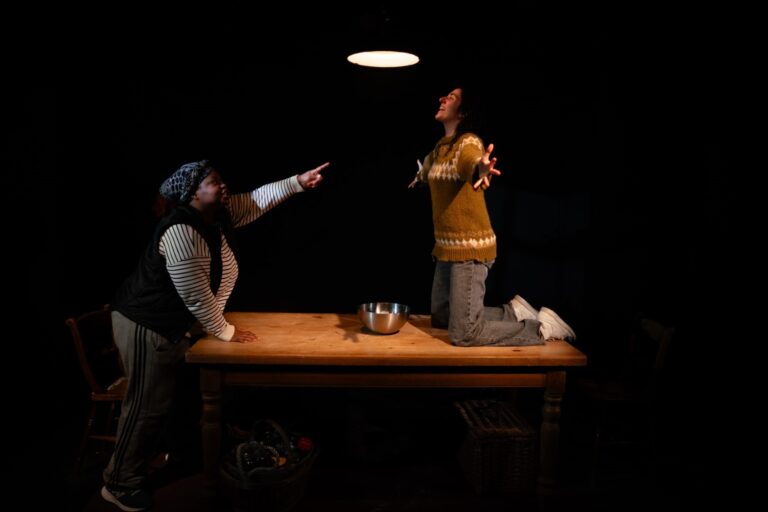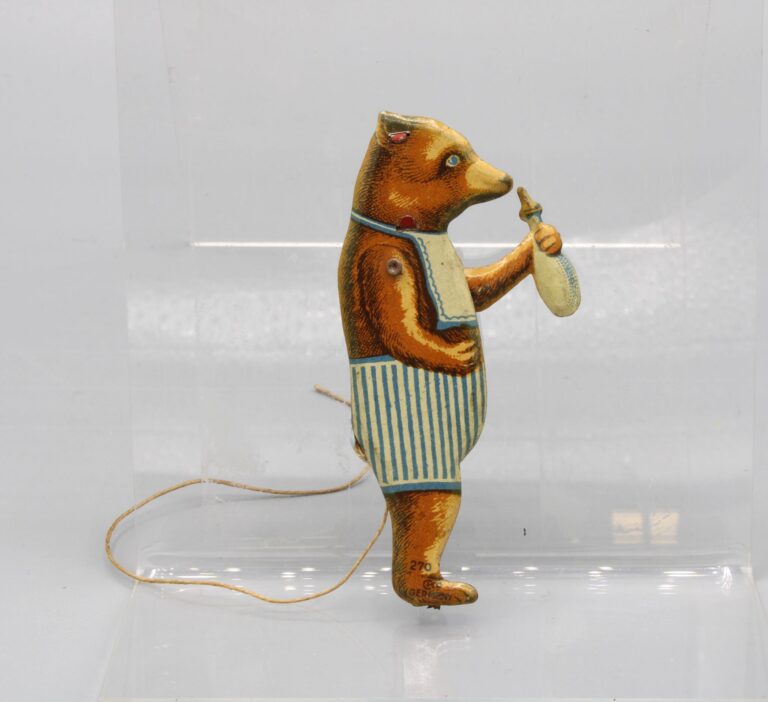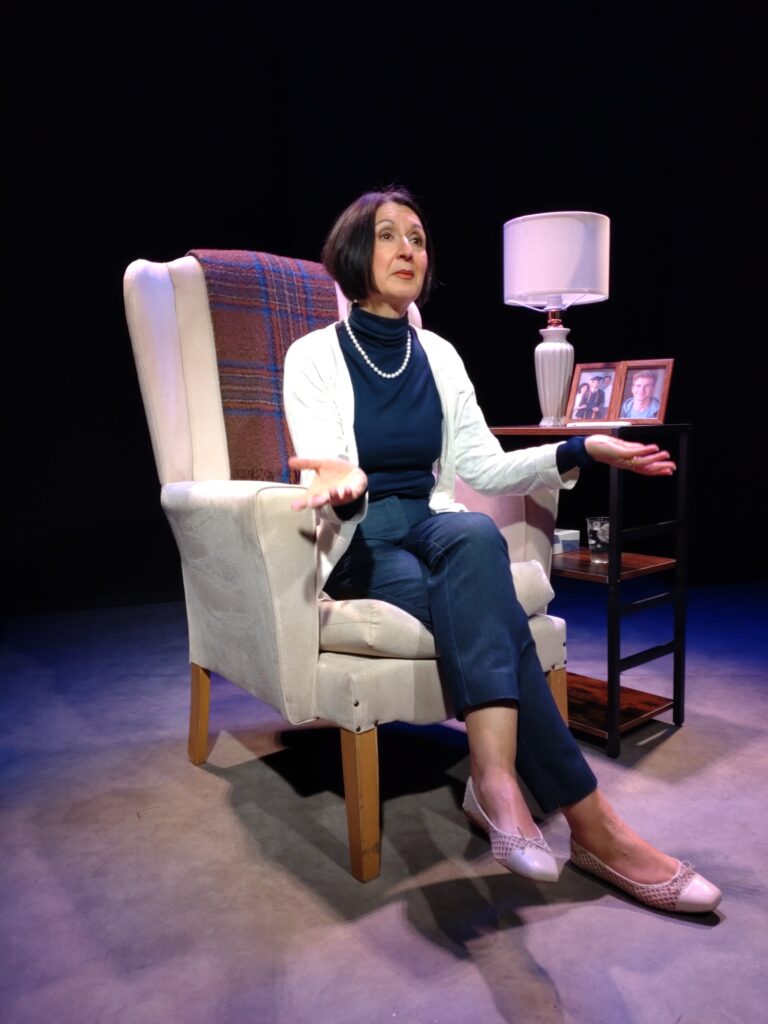The new year is typically the time when we take stock of our mental and physical health, identifying any areas with a need for improvement.
With this in mind, we asked strength and conditioning coach and founder of Extra Mile Athletes James Morse, and cognitive behavioural psychotherapist and mindfulness-based cognitive therapy teacher Alice Leslie, to share their tips…
Firstly, can you tell our readers about your professional selves?
James Morse (JM): At Extra Mile Athletes, we offer one-to-one strength and conditioning, late stage rehabilitation, youth athletic development and personal training to everyday and elite athletes wanting to improve their physical performance.
I also work with women’s football club Dulwich Hamlet F.C. and London Schools’ Cricket Association.
Alice Leslie (AL): I work with individuals, groups and companies to promote and maintain good mental health.
I love my partnership with Peckham and Streatham-based studio Yogarise, which offers free community mindfulness classes and therapy for their staff and clients on request.

James Morse of Extra Mile Athletes
Tell us about your connection to south London. Why did you choose this area for your business?
JM: I grew up in Forest Hill and absolutely love living in south London. So when the opportunity came to open a small performance gym at the Dulwich Sports Club, I jumped at the chance.
AL: I’m a Londoner and I am mad about this city. I grew up west, meandered around the country and the world a little, and in my late 20s fell in love in Peckham.
My love for south London outlasted my marriage, but I’m happy I landed here. It’s green, laid back, vibrant and by far my favourite corner. There’s nowhere I’d rather raise my family, run my business and mooch around with friends.
The new year is typically a time when people prioritise getting their health and wellbeing in check. What advice would you give to anyone with this mission?
JM: For me, I love to start the new year with some reflection and planning. From a health and wellbeing perspective, I like to ask myself the following questions:
What went well?
What didn’t go so well and why?
What do I want to achieve this year?
Why is it important to me?
What behaviours do I need to adopt on a weekly basis to make that happen?
I suggest you get clear on what you want and write down a sustainable plan to achieve it.
AL: Meditating offers us a great method to check in with ourselves. It gets us out of autopilot and in touch with how we’re really feeling. It’s a radical act to sit quietly with ourselves, but if we don’t, we can find ourselves entrenched in vicious cycles of negative thoughts and behaviours.
In guided meditation the invitation is to notice how things are for us moment by moment without judgement, giving us a chance to respond wisely and kindly without spiralling into less helpful evaluations about how we ‘should’ be doing, perhaps comparing ourselves to others or ‘perfect’ versions of ourselves.
I find it helpful to meditate as maintenance rather than for relaxation. Otherwise you’ll think you’re doing it wrong when you most need it.
Relaxation is a common side effect but won’t always happen.
Show up for yourself regularly knowing that over time it provides balance and a way to befriend yourself and your experience.

Alice Leslie
If, in taking stock of their mental and physical health, someone realises the balance is off, and that they are feeling anxious, stressed or unhappy, what are the first steps you recommend they take?
JM: Ultimately what you enjoy you’re more likely to stick to, so finding a format of physical activity you genuinely enjoy can be a great starting point.
However, I do believe strength training provides a great foundation for all physical activities, making you more robust to injury and often improving performance.
If you’re feeling daunted about entering a gym in January, my four tips for you are: firstly, have a plan; secondly, make it sustainable (and don’t overdo it!); thirdly, go with a friend or hire a coach for accountability; and finally, try not to be self-conscious: most people are so worried about what they look like, they’re unlikely to even notice you.
AL: Exercise has been proven to be as effective as antidepressants and is always my first intervention – for myself and for my patients.
We know that time outside (and supplementing this with vitamin D) is helpful and even more necessary in winter when we can be tempted to scuttle between warm places.
Talking about your feelings, or writing, drawing or singing them, brings relief too.
Assess whether you have a healthy routine: from regular meals to sensible bedtimes.
It’s important to value rest and nourishment, especially in deep mid-winter.
Socialising is important for our mental health, too. South London’s lovely vibe lends itself to meeting new friends – there are lots of yoga studios, running clubs, pottery classes, dance classes, and mother and baby groups.
Follow your heart and interests, and you’ll soon find kindred souls.
Lastly, any tips for adopting a healthy, happy mindset for the new year?
JM: Don’t beat yourself up about how you look or feel after the Christmas period – indulging with friends and family is what it’s all about.
January offers a fresh start though, so start making plans and commitments so that 2024 can be your best year yet.
AL: Primarily, befriend yourself. Bring in as much compassion as you can to any difficulties that you face. Thinking: “What would I say to a loved friend in this situation?” is a good way of cultivating a compassionate inner voice.
Notice when you’re being unkind to yourself; most of us speak to ourselves in ways we would never speak to a loved one or a pet. To our knowledge, there’s no other species that does this.
You could also try keeping a journal of your successes. Consider short, medium and long-term goals, and bring in some tangible rewards.
Consider bringing in friends for accountability and companionship; modern life can get so lonely.
Oh, and a regular meditation practice could be seen as a prophylactic medicine and can fortify us hugely. What’s not to like?
James Morse is a strength and conditioning coach and founder of Extra Mile Athletes. For more information or to book a training session, visit: www.extramileathletes.co.uk/.
Alice Leslie is a cognitive behavioural psychotherapist and mindfulness-based cognitive therapy teacher. For more information or to book her mindfulness class, visit: www.yogarise.london/classes/mindfulness/






